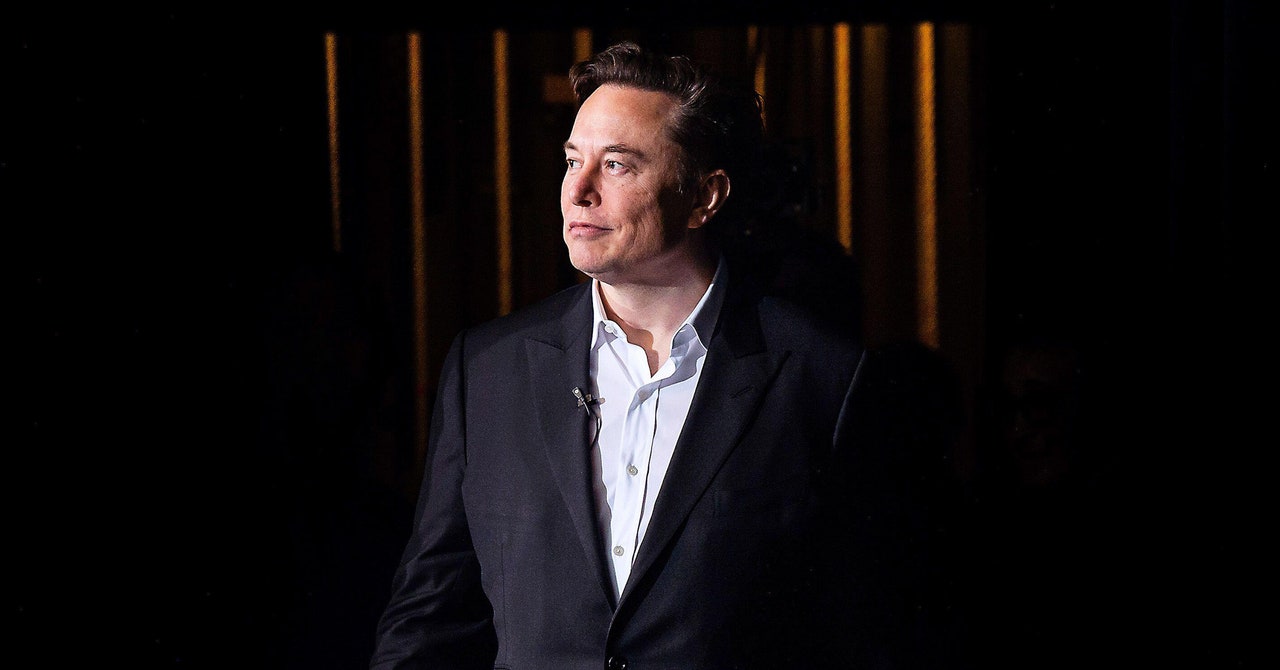Around the . to enter conference hall at TED, the world’s premier jamboree of futuristic optimism, is to enter what feels like a bubble floating in space: a tiered theater built in a giant, darkened ballroom and infused with reds and blues and pinks and purples, in the midst of which a succession of extraordinary people tells extraordinary stories of extraordinary achievements against extraordinary expectations.
Even in the midst of this procession of heroes — and many are real heroes — Elon Musk commands a special kind of worship among TED followers. It’s not hard to see why. The CEO of Tesla and SpaceX embodies TED’s fascination with big dreams and impossible opportunities. And his interview at the final session of the conference on April 14 certainly cemented that commitment. After questioning Musk about his proposal to buy Twitter and the prospects for combating climate change, TED curator Chris Anderson shot a music video of Musk Saturday Night Live he ridiculed himself for his understated, flat affect as “the first person with Asperger’s” to host the show, asking him what it had been like growing up with the syndrome.
Carefully staged as the moment seemed, it was effective. The richest man in the world described a lonely childhood in which he struggled to understand social cues and implied meanings. “Others might intuitively understand what is meant by something,” he said. “I just took things very literally, that the words spoken were exactly what they meant.” Taking refuge from man’s confusing duplicity, he became “absolutely obsessed with the truth” and continued the study of physics, computer science, and information theory “in an effort to understand the truths of the universe.” In another part of the interview, Musk said, “The truth is very important to me … almost pathologically important to me.”
When I floated there in the TED bubble, I felt a sudden empathy. I don’t have Asperger’s, but I too was a lonely child who didn’t understand other people and instead sought the truth in science and computer science. No doubt many of the overachieving geeks attending TED could also identify.
But there are truths from the universe, and then there are truths from Musk. As he usually does, he rewrote history during the interview, claiming that an infamous 2018 tweet claiming to have “secured funding” to take Tesla private, from which he was subsequently forced to pull out of an SEC investigation, was nevertheless true; he was “forced” to withdraw it and settle with the SEC to keep the money flowing from Tesla’s banks and fend off shortsellers. He recounted three years of “sleeping on the floor” at the Tesla factory to show his solidarity with workers, covering up frequent stories of his verbal abuse and accusations of racism at the California factory.
And his vision of Twitter, as he hesitantly outlined on stage, is that of a platform where not truth, but freedom is the most important value. Speech should be “as free as possible,” he said, and aside from speech that could be illegal, such as direct incitement to violence, he was vague about where the line should be. For Musk, this freedom is nothing less than an existential need. “Having a public platform that is maximally trusted and widely inclusive is extremely important for the future of civilization,” he said to widespread applause.

